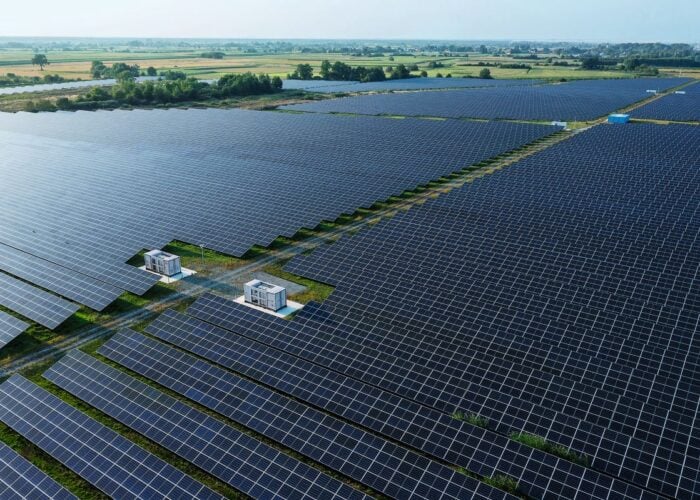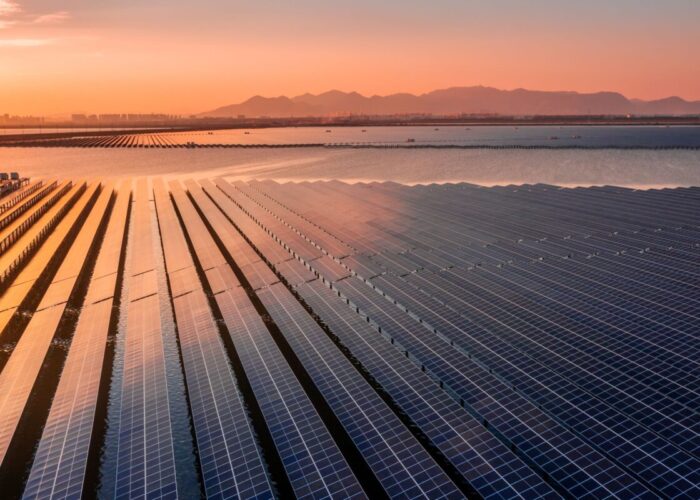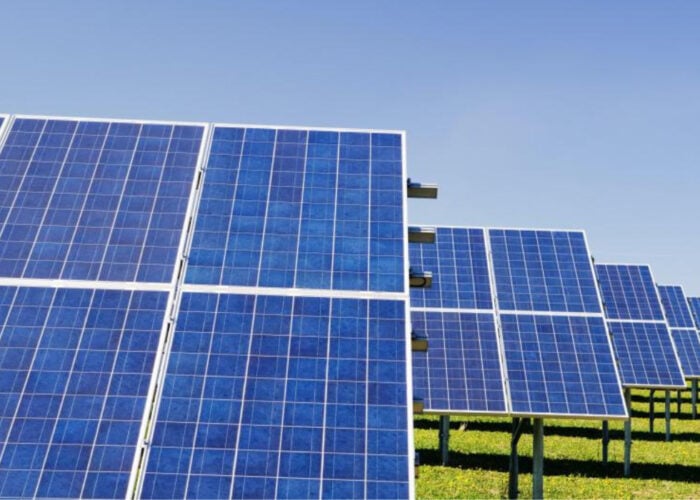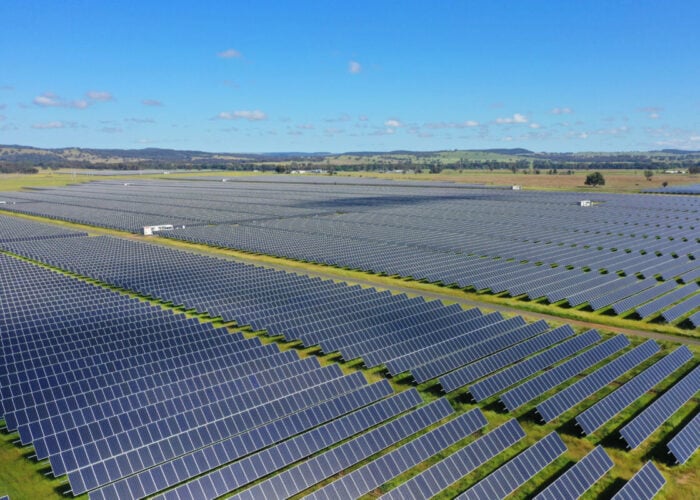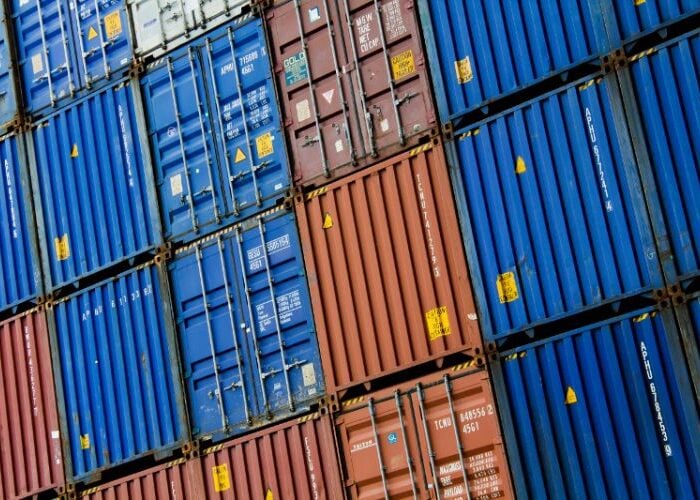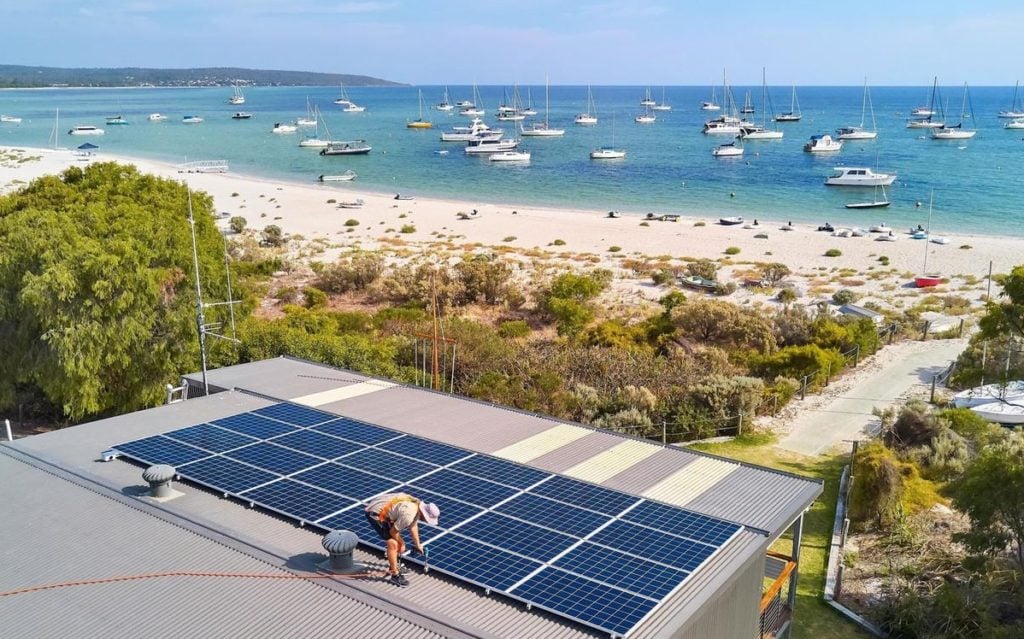
A new report released by the Australian think tank Race for 2030 has called on the federal government to provide additional investment and incentives to support consumer energy, such as solar PV, and its role in a decarbonised society.
The report, Consumer Energy Unleashed – creating a better energy system for all, outlines the potential of consumer energy. It examines almost 200 Australian research studies, trials and demonstrations.
Unlock unlimited access for 12 whole months of distinctive global analysis
Photovoltaics International is now included.
- Regular insight and analysis of the industry’s biggest developments
- In-depth interviews with the industry’s leading figures
- Unlimited digital access to the PV Tech Power journal catalogue
- Unlimited digital access to the Photovoltaics International journal catalogue
- Access to more than 1,000 technical papers
- Discounts on Solar Media’s portfolio of events, in-person and virtual
Or continue reading this article for free
The report’s authors note that, already, a third of all Australian households produce at least some of their own power, which can be derived from rooftop solar, batteries, electric vehicles and flexible energy technologies.
Indeed, this may come as no surprise given the prowess of Australia’s rooftop solar PV sector, which recently saw record deployment levels in July 2024, with 302MW installed across the month, according to solar consultancy SunWiz.
With these levels of PV deployment expected to continue to grow, Race for 2030 believes Australia’s distributed energy revolution is estimated to be worth at least A$20-30 billion (US$13-20 billion) over the coming decades, and potentially up to A$100 billion (US$66 billion).
Australia’s gigawatt-scale power systems are also claimed to be becoming some of the world’s most decentralised. The report says Australia is also recognised as having one of the fastest power system transformations on the planet, driven by decarbonisation, decentralisation, democratisation, and digitalisation.
According to Dr Bill Lilley, CEO of the Race for 2030 Cooperative Research Centre, a more future-ready power system is required to integrate the four- to five-fold growth of rooftop solar embedded in Australia’s official projections and achieve its global net zero commitments.
“The report highlights that a growing proportion of Australia’s Consumer Energy Resources (CER) will not be fully harnessed if investments in the underpinning integrated systems needed to unleash their full system-level value are not made,” Lilley adds.
The potential of consumer energy
It is worth noting that consumer energy’s potential has led to various developments in the Australian energy market, some of which could dramatically change how the market operates. For instance, in late July 2024, the Australian Energy Market Commissioner (AEMC) proposed enabling virtual power plants (VPPs) to directly compete with large-scale generators in the energy market, which could aid solar PV’s role in decarbonising the Australian energy mix.
The draft determination would allow aggregated CERs to be scheduled and dispatchable in the National Electricity Market (NEM). CERs are often defined as small-scale generation units such as battery energy storage units, solar PV, and other price-responsive small resources like backup generators, which could enable consumers or parties to respond to spot prices.
This is an area referenced in the report, with the think tank expressing that the diversity of Australian electricity consumers, their needs and aspirations “must now be placed at the epicentre of reimaging future power system”. Indeed, Race for 2030 believes that the government should fully value the range of grid services that consumer energy resources can deliver, a viewpoint similar to AEMC’s draft determination.
The report outlines several recommendations to help the Australian energy sector create a world-leading industry and tap into the resources provided by consumer energy.
This involves making sure that research efforts are closely aligned with, and seen as an integral and beneficial part of, transitioning Australia’s gigawatt-scale power systems to achieve emission reduction goals in a way that is secure, cost-efficient, and focused on the long-term interests of all consumers.
It also argues that future research into consumer energy should be based on in-depth social and consumer research to ensure benefits for individual consumers and society as a whole, aligning with consumer expectations.
The final recommendation calls on the government to align research projects to enhance progress, address gaps, minimise duplication and leverage collaboration for efficiency.


